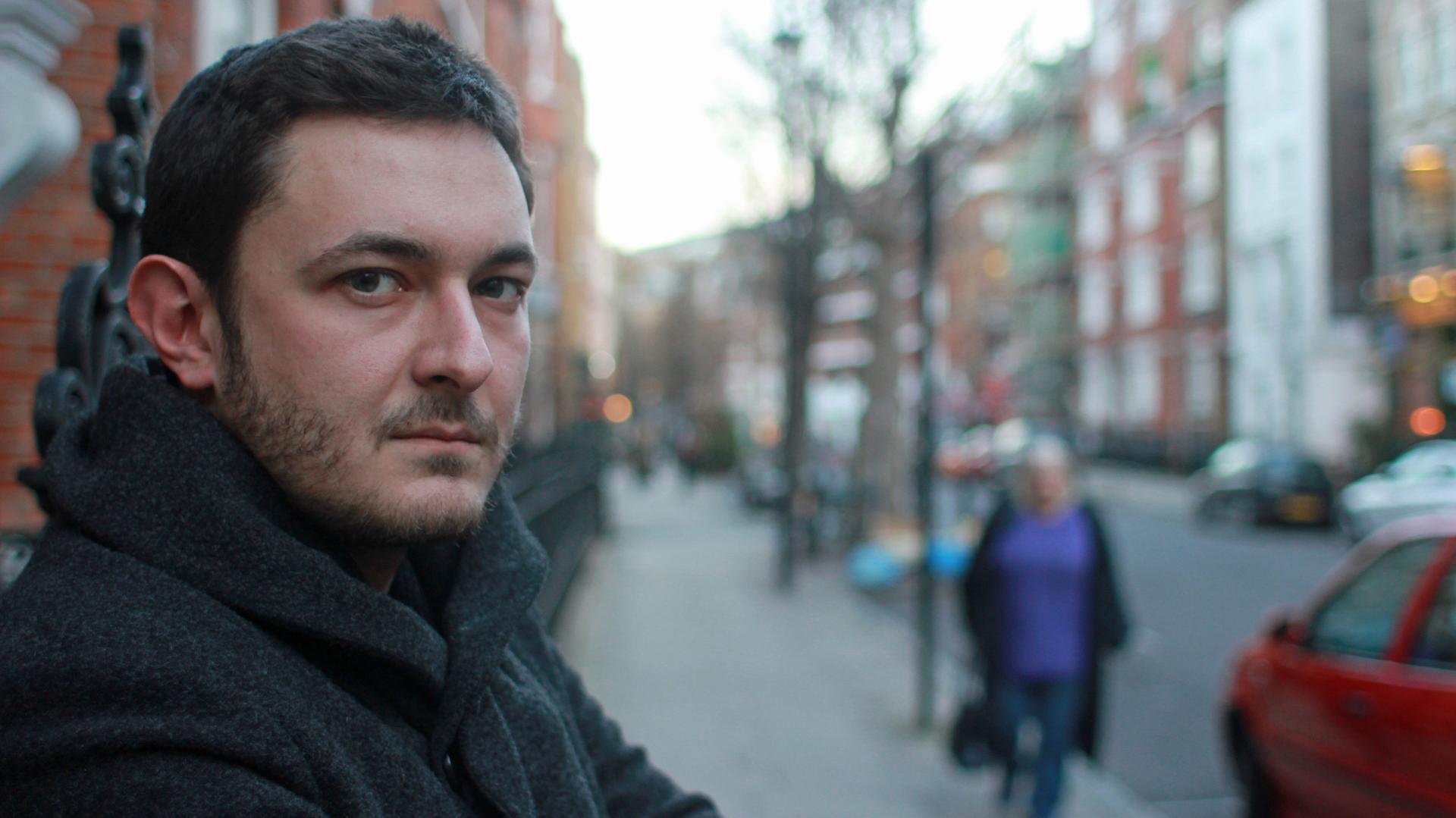Post-Dickens: the new London is a mega-city of migrants
Ben Judah spent time undercover working alongside the undocumented laborers of London's new migrant underclass.
This Is London, my book, tells the story of life and death in a new, little-known city. The new London is an immigrant mega-city where nearly 40 percent were born abroad.
This is no longer the city of Dickens. London now is a city of African nightcleaners, Filipina maids and Romanian building bosses. A city where immigration has so utterly transformed the fabric, it has changed London’s very soul.
One after another, my stories follow the arc of life: arrival, struggle, children, triumph, madness, age, failure, wisdom and death. I wanted the new London to speak for itself. For every chapter, I found a life. My question was always the same: tell me what’s really on your mind. No censorship. No nerves.
To my surprise, a hidden spirituality burst out. I never expected my quest for the city to reveal to me the immigrant mega-city’s prayers. Nigerian Peckham took me to a sacred seer, Russian Mayfair took me to its kabbalist, Pakistani Leyton told me of the love and secrets with which the faithful wash the dead.
At night London murmurs, a city of prayer. It is no longer haunted by Jack the Ripper, but by the curses of Roma beggars and the amulets worn by Ghanian witchdoctors. I found faith everywhere. The London of Karl Marx and empty pews is gone. Instead, a city of countless Nigerian street-preachers, Somali basement mosques, and overflowing Polish churches. But the chapels of the other London are not like those of old. London’s gods now live in converted bingo-halls and backrooms.
Listening changes the way you see. My ears are no longer the same. Listening turned their dial away from fossilized myths, onto London’s new frequency. It’s beautiful: I no longer feel lost, unable to imagine who surrounds me on the Tube. And I will never be able to walk into a London hospital again without feeling the longing for Islamic angels or the Polish Mary all around me.
Sometimes, I wonder why the hidden city prays so intently. Unlike George Orwell — who found hidden Londoners not only exploited, but hungry for socialism — I found a London where politics felt very, very distant. Answers, change, seemed laughable to the cleaners, carers, builders and drivers who shared their stories with me.
Sometimes, on the Tube home, I ask myself why the London I saw living in a Romanian boarding house or touting with Baltic laborers on the curb is a place where people clung onto prayer, not politics. Perhaps it’s because, in one way, it is still a Dickensian city: a city of the powerless.oembed://https%3A//www.youtube.com/watch%3Fv%3D-k-7_kf3Fus
Ben Judah is the author of "This Is London: Life and Death in the World City."
Every day, reporters and producers at The World are hard at work bringing you human-centered news from across the globe. But we can’t do it without you. We need your support to ensure we can continue this work for another year.
Make a gift today, and you’ll help us unlock a matching gift of $67,000!
